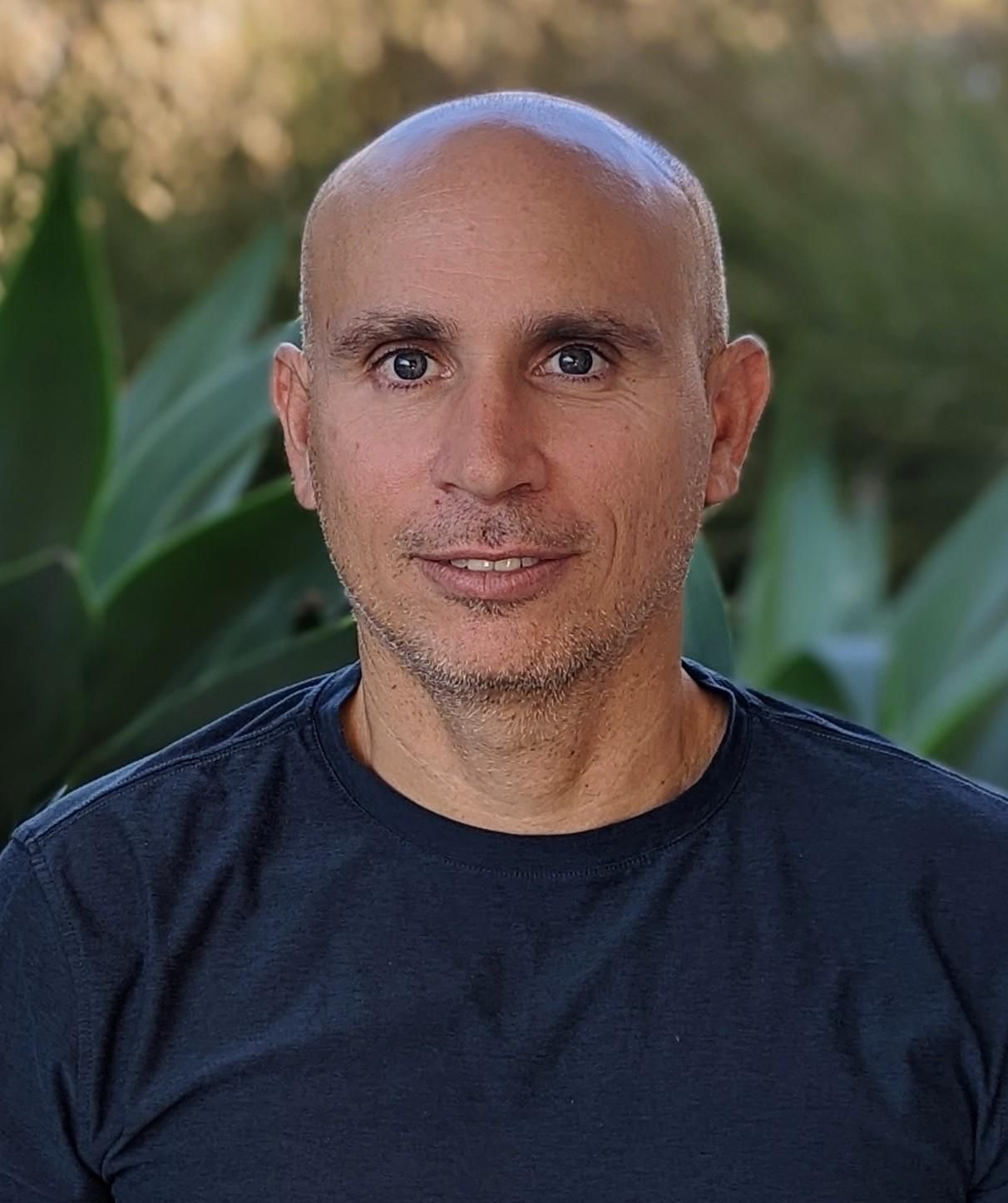LA Venture: R-Squared Ventures’ Roy Rubin on the Evolution of Ecommerce

On the episode of the L.A. Venture podcast, R-Squared Ventures’ co-founder Roy Rubin talks about investing, ecommerce and how he got started in tech at UCLA.
R-Squared, the venture firm Rubin co-founded with his partner and former Loop Commerce co-founder Roy Erez, focuses on early-stage startups. The firm writes checks of between $500K to $1.5 million, with a focus on ecommerce, fintech, marketplaces and SaaS. R-Squared has made about 30 investments in the past 18 months.
Before co-founding the firm, Rubin was the CEO of Magento, a massive open source ecommerce platform that scaled to doing over $100 billion in transactions annually.
“We're both long term ecommerce guys, right? We care about the space; we're passionate about it,” Rubin said. “I think I come with a bit of skepticism, which is, maybe, healthy, because I've seen the ups and downs.”
That skepticism comes from some hard-won wisdom gained during the ecommerce’s heady early years, as well as steering a young company into the 2008 recession.
Rubin got his start in tech in the early 2000s as a student at UCLA, where he made rent by putting his programming skills to use as a kind of code-writer for hire.
“At the time I was reading a magazine article, and it said to be successful in business you have to focus,” he explained. “And I said, ‘You know, as a freelancer, I'm doing everything and anything. I'm doing content management systems and a bit of ecommerce and some website [design]. So if I have to focus, I know what to focus on’.”
He turned his full attention to creating ecommerce platforms for clients— an area of the industry he felt would grow rapidly.
“So that little freelance business turned into about 25 full-time people, while I was at UCLA,” he said. “And I said, ‘This is blowing up. And I need to go and really spend time here and make sure this is not going to fall apart’.”
He dropped out of school with only 10 weeks left, and devoted his full attention to growing his business and providing services to an army of clients.
Rubin’s early business was based on forking code for every new client, and developing it to their specifications.
”It was just messy and ugly. And it just didn't really allow us to scale,” he said.
Rubin and his team decided to end their relationship with their existing agency clients and instead focus on building a great ecommerce product.
He and his team began brainstorming what the “next-generation open-source platform would look like” and thought about building it based on a “commercial open source model,” building a open-source version that was free for the community, and another, paid version for enterprise users.
Magento, was born and quickly became a go-to product for companies, small and large, that were looking to scale their business online and safely sell over the rapidly growing internet.
“The great thing about open source — and the great thing about the product being free — is that you kind of get really great adoption very quickly,” Rubin said. “And I think that's what happened. It was absolutely crazy.”
Rubin remembers getting calls from Fortune 500 companies that were using the free version of his software, and were looking for assistance and the ability to do more with it. Magento scaled rapidly to 400 employees.
In 2008, during the height of the recession, Rubin sold the company to Ebay.
“I didn't really have the foresight to say, ‘Look, is this the right product-driven and technology-driven organization that I'm selling the company into? That really has alignment as far as just the thirst and hunger to go build great products?’” he said. “You know, that's one lesson learned.”
The company was later spun off and sold again to become what is now known as Adobe Commerce.
Those successes and mistakes, Rubin said, are what drive him as an investor. He said he’s constantly thinking about ways to innovate in the ecommerce space.
“If we think about how much of our time is spent on feeds, whether it's Facebook, or Instagram or Tiktok, I mean, everything's kind of scrolling down, right?” he said. “In the ecommerce world, we still drill down on taxonomies. How crazy is that? And for me, I think there may be opportunities for a new design language, for a new paradigm — around how we discover, search and source information in the ecommerce space.”
dot.LA Social and Engagement Editor Andria Moore contributed to this post.
Click the link above to hear the full episode, and subscribe to LA Venture on Apple Podcasts, Stitcher, Spotify or wherever you get your podcasts.
This podcast is produced by L.A. Venture. The views and opinions expressed in the show are those of the speakers and do not necessarily reflect those of dot.LA or its newsroom.
- LA Venture: Mantis VC’s Jeffrey Evans on How Influencers Can Boost Young Companies ›
- B Capital Group's Mike Fernandez on Growth-Stage Investing - dot.LA ›
- LA Venture: Touchdown Ventures' Beth Kearns - dot.LA ›





 Image Source: Skyryse
Image Source: Skyryse